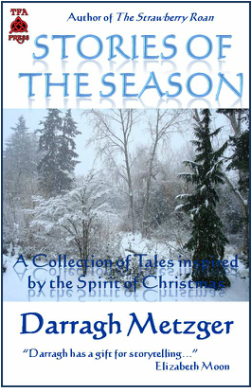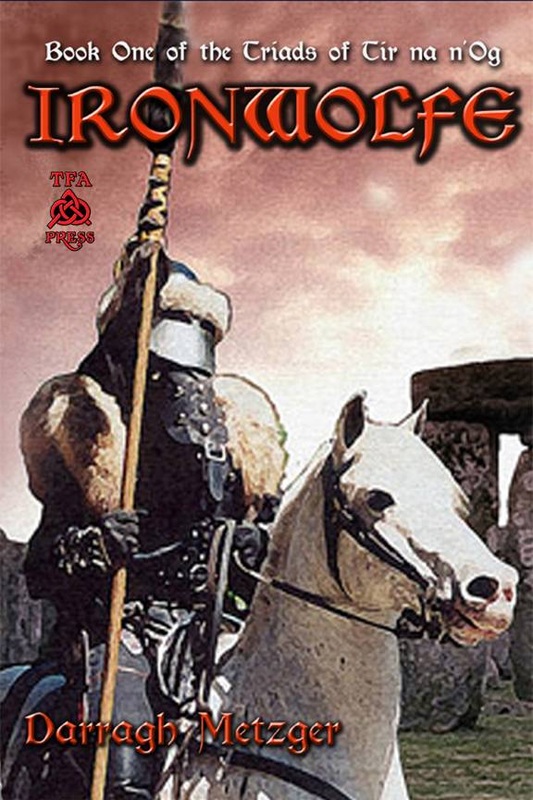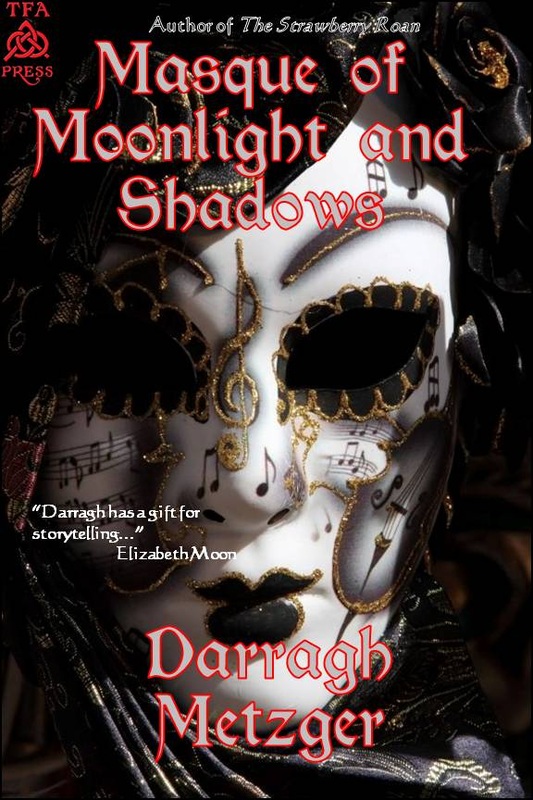Every year, I volunteer to do critiques for the Writers' Workshops at Norwescon. It's a way to keep in touch with my fellow Fairwood Writers, since I stopped attending meetings several years ago, and of "giving back" to the writing community. After all, that's how I started out a couple of decades ago: submitting to the writers' workshops at science fiction conventions and taking my lumps. It's also a good learning experience for me, a great "refresher", and it gives me a glimpse of what's new in the writing world, where tastes and trends are going. Best of all, I often get to meet new and upcoming talents. It's a win-win.
Over the years, the quality of the submissions has gone up considerably, and the level of professionalism with it. I've been delighted more than once to be among the first to discover new writers who have gone on to do great things.
This year, I printed out all my assigned submissions (I prefer to read hardcopy; I want my eyes to last as long as possible), and settled back the other evening after I'd finished writing for the day, looking forward to the possibility of finding another gem.
Yes, there were several happy surprises. But I also noticed something that I've been seeing more and more of in my free-lance editing work as well, that compels me to write this column.
The internet is wonderful. Since almost everyone writes on their computer these days, how hard is it to open your browser and pull up a dictionary or thesaurus? Try it. Aside from Dictionary.com and Thesaurus.com, you'll get half a dozen others. You can actually LOOK UP WORDS you don't use every day or are not familiar with, and see if you are using them correctly. You can even find word usage sites. Honest! You can type into your search engine a question like, "what's the difference between aught and ought?" and in seconds, several wonderful examples of correct usage, with explanations, will magically appear. Or, the one I most often see mis-used: "Lie, Lay, Laid, Lain". Just type that into your browser's search bar, and see what happens. Amazing!
Same thing with grammar and punctuation. If for some reason you don't have a copy of "Elements of Style" or "Eats, Shoots & Leaves," or my personal favorite, "Mother Miller's How to Write Good Book," sitting by your computer as you write (and if you don't, why don't you?), you can still send out a query like, "correct use of quotation marks" or "how do I punctuate dialog?" and BINGO, lots of sites with all the answers you need. My favorite is probably Grammar Girl, Mignon Fogerty's delightful site, which can be found at http://www.quickanddirtytips.com/grammar-girl, but there are many others.
I ran into two separate stories where the authors used the word "belied" in exactly the opposite way they obviously intended. Simply looking it up would have told them it means "to show to be false" or "to misrepresent", rather than to convey or betray some secret trait, which is how they used it. another author insisted on using apostrophes to convey plurals instead of possessives.
I know American public school educations are woefully inadequate these days. Kids graduate with almost no ability to construct a correct, coherent sentence. It's horrifying.
Look, I started off with a lot of the same bad habits and level of ignorance about my own language as anyone else, and I know I'll never achieve perfection; no one ever does. But because I deeply, passionately cared about the art, and about my stories and wanted them to be the very best they possibly could, I learned. I read books on sentence structure, character development, how to write dialog, how to set scenes, the proper use of punctuation, etc., etc. I considered it all part of learning my craft. I'm still learning. I still make mistakes sometimes, too.
Seeing writers who, again and again, mis-use words, make repeated, sloppy errors in grammar, punctuation, etc., who don't bother to properly format a story – in other words, who basically convey the unspoken feeling of, "eh, good enough" when they hand in a story -- make me question not just their skill, but their dedication.
The correct use of the written word (or spoken, for that matter) is essential for communication. Language is the gift of civilization. If you're going to try and make your living (or even make a successful hobby) of writing, language is the tool you use. Anyone who truly cares about their craft should take the time to learn the rules, and follow them. Even if you intend to break them, learn what they are first; otherwise, what you do looks like a mistake.
Care about the tools of your craft. They are all you have to work with.
Over the years, the quality of the submissions has gone up considerably, and the level of professionalism with it. I've been delighted more than once to be among the first to discover new writers who have gone on to do great things.
This year, I printed out all my assigned submissions (I prefer to read hardcopy; I want my eyes to last as long as possible), and settled back the other evening after I'd finished writing for the day, looking forward to the possibility of finding another gem.
Yes, there were several happy surprises. But I also noticed something that I've been seeing more and more of in my free-lance editing work as well, that compels me to write this column.
The internet is wonderful. Since almost everyone writes on their computer these days, how hard is it to open your browser and pull up a dictionary or thesaurus? Try it. Aside from Dictionary.com and Thesaurus.com, you'll get half a dozen others. You can actually LOOK UP WORDS you don't use every day or are not familiar with, and see if you are using them correctly. You can even find word usage sites. Honest! You can type into your search engine a question like, "what's the difference between aught and ought?" and in seconds, several wonderful examples of correct usage, with explanations, will magically appear. Or, the one I most often see mis-used: "Lie, Lay, Laid, Lain". Just type that into your browser's search bar, and see what happens. Amazing!
Same thing with grammar and punctuation. If for some reason you don't have a copy of "Elements of Style" or "Eats, Shoots & Leaves," or my personal favorite, "Mother Miller's How to Write Good Book," sitting by your computer as you write (and if you don't, why don't you?), you can still send out a query like, "correct use of quotation marks" or "how do I punctuate dialog?" and BINGO, lots of sites with all the answers you need. My favorite is probably Grammar Girl, Mignon Fogerty's delightful site, which can be found at http://www.quickanddirtytips.com/grammar-girl, but there are many others.
I ran into two separate stories where the authors used the word "belied" in exactly the opposite way they obviously intended. Simply looking it up would have told them it means "to show to be false" or "to misrepresent", rather than to convey or betray some secret trait, which is how they used it. another author insisted on using apostrophes to convey plurals instead of possessives.
I know American public school educations are woefully inadequate these days. Kids graduate with almost no ability to construct a correct, coherent sentence. It's horrifying.
Look, I started off with a lot of the same bad habits and level of ignorance about my own language as anyone else, and I know I'll never achieve perfection; no one ever does. But because I deeply, passionately cared about the art, and about my stories and wanted them to be the very best they possibly could, I learned. I read books on sentence structure, character development, how to write dialog, how to set scenes, the proper use of punctuation, etc., etc. I considered it all part of learning my craft. I'm still learning. I still make mistakes sometimes, too.
Seeing writers who, again and again, mis-use words, make repeated, sloppy errors in grammar, punctuation, etc., who don't bother to properly format a story – in other words, who basically convey the unspoken feeling of, "eh, good enough" when they hand in a story -- make me question not just their skill, but their dedication.
The correct use of the written word (or spoken, for that matter) is essential for communication. Language is the gift of civilization. If you're going to try and make your living (or even make a successful hobby) of writing, language is the tool you use. Anyone who truly cares about their craft should take the time to learn the rules, and follow them. Even if you intend to break them, learn what they are first; otherwise, what you do looks like a mistake.
Care about the tools of your craft. They are all you have to work with.
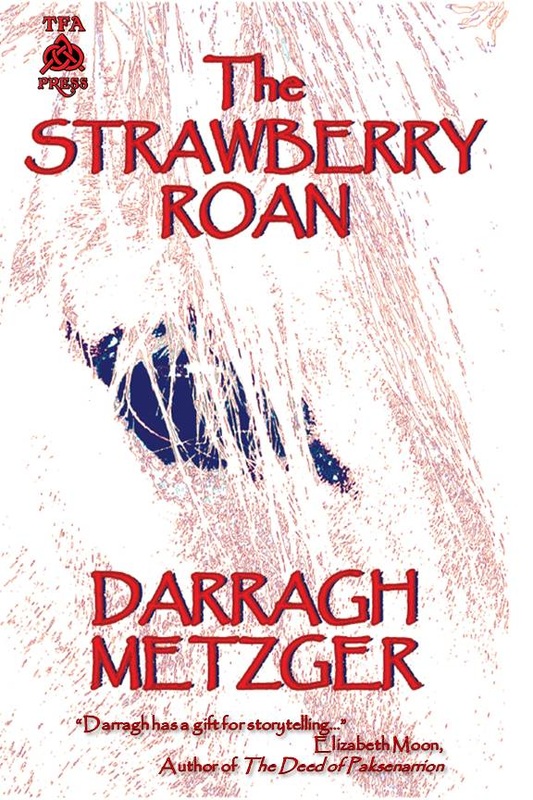
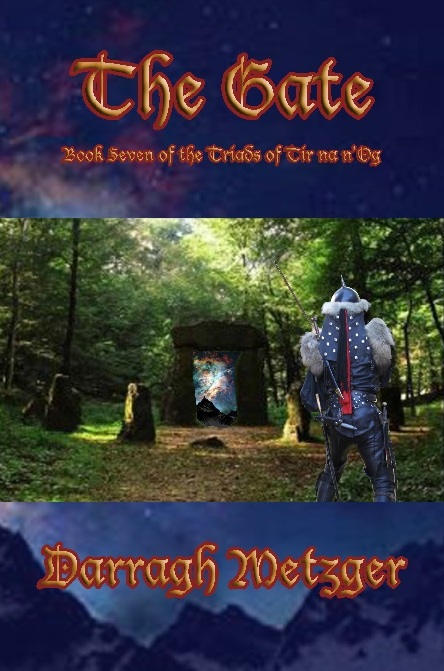
 RSS Feed
RSS Feed
